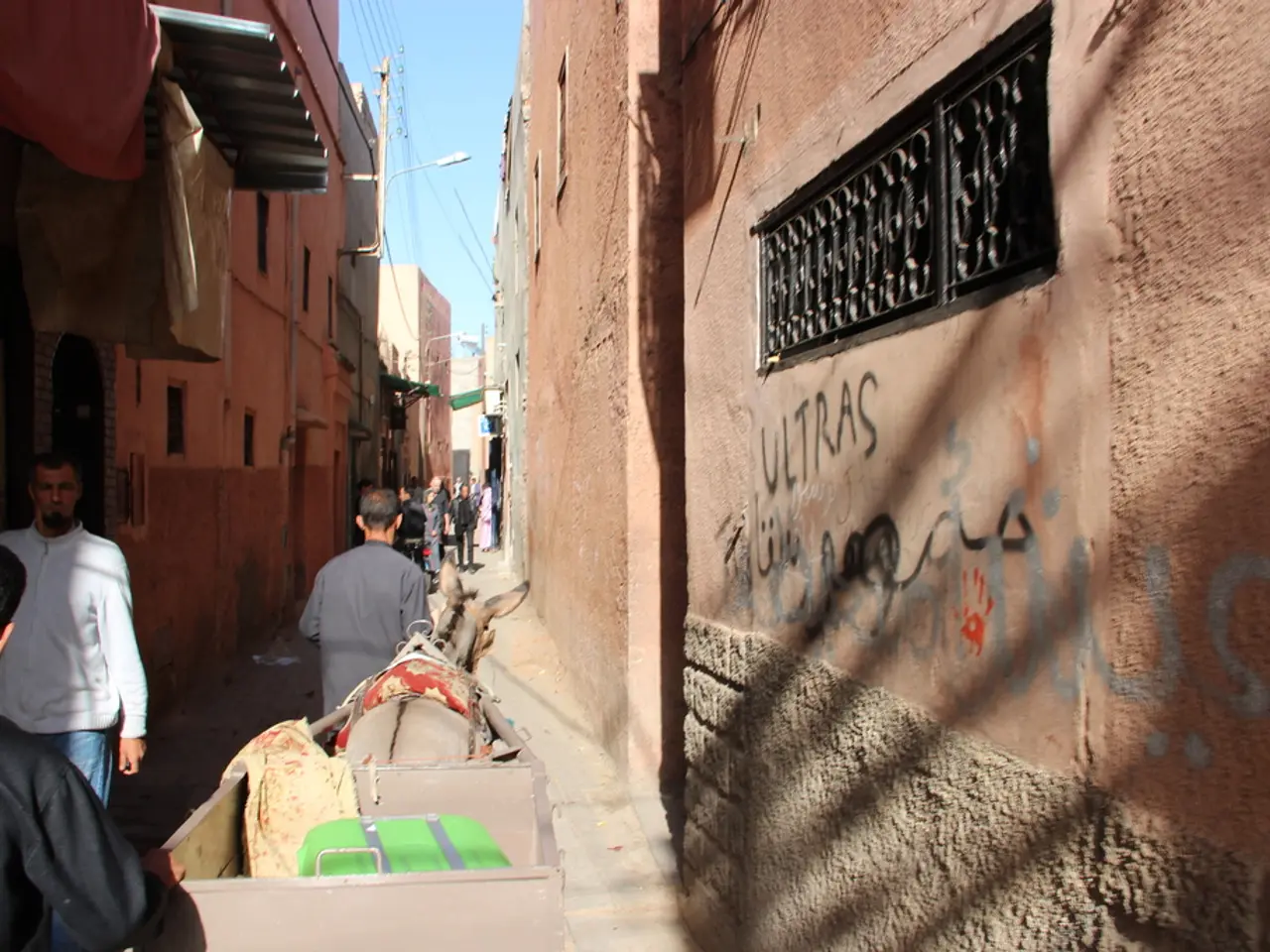Recognized Nations of the Palestinian State
In a significant development, France, Canada, Australia, and Malta announced their intention to recognize the State of Palestine at the UN General Assembly in September 2024. This move marks a growing international willingness to formally recognize Palestinian statehood, emphasizing the ongoing importance and complexity of the Israel-Palestine conflict.
France became the first G7 country to announce its intention to recognize Palestinian statehood, followed by Canada, Malta, and Australia. France's unconditional recognition was a significant step by a major Western power, joining over 140 countries worldwide that already recognize Palestine. The French government framed this as a call for peace and support for Palestinian self-determination.
Canada's recognition, announced by Prime Minister Mark Carney, is conditional. It will only occur provided that the Palestinian Authority holds elections in 2026 excluding Hamas participation and commits to demilitarization of the Palestinian state. Australia's recognition is also conditional or part of a gradual diplomatic process, with the country maintaining relations with Palestine and linking recognition to political criteria amidst ongoing regional dynamics. Malta, though it acknowledged Palestinian self-determination since 1988, formally declared its principled decision to recognize Palestine at the September 2024 UN General Assembly, aligning with its long-standing support for a two-state solution and Palestinian statehood.
The United Kingdom has also expressed its potential recognition of a Palestinian state, conditioned on Israeli actions like a ceasefire and steps toward a two-state solution. The US, Canada, Australia, many Western European states, Japan, and South Korea have long supported the concept of an independent Palestinian state coexisting with Israel as a resolution to the long-standing Middle Eastern conflict, but many have said they will only recognize the Palestinian territories as an independent nation within the framework of a comprehensive peace agreement.
Israeli Prime Minister Benjamin Netanyahu criticized the moves to recognize a Palestinian state as "shameful." Other European countries could join France in recognizing a Palestinian state, according to Hugh Lovatt, a senior policy fellow and Middle East expert at the European Council on Foreign Relations. He suggested that Belgium, Denmark, Luxembourg, and maybe Portugal could follow France in recognizing a Palestinian state.
These announcements come as the United Nations General Assembly will discuss Palestinian statehood and a two-state solution on September 9. The discussion will be a crucial step in the ongoing efforts to find a resolution to the Israel-Palestine conflict. As of March 2025, the State of Palestine is recognized by 147 of the 193 UN member states (~76%), and these announcements in 2024 contributed to further bolstering this number.
Sources:
- BBC News
- Reuters
- Al Jazeera
- The Guardian
This report was originally published on May 25, 2024, and updated on August 11, 2025. Anchal Vohra contributed to this report.
- The move by France, Canada, Australia, and Malta to recognize Palestine at the UN General Assembly in September 2024 signifies a surge in international efforts to formally acknowledge Palestinian statehood, a key aspect of the complex Israel-Palestine conflict.
- The United States, despite supporting the idea of a two-state solution, has not officially recognized Palestine like many Western European states, Japan, South Korea, and several other countries worldwide.
- The announcement of Canada's intention to recognize Palestine, conditioned on political criteria, is described by Prime Minister Mark Carney, marking a potential shift in the country's Middle East policy and legislation within the realm of politics.
- Amidst the ongoing war-and-conflicts in the Middle East, news outlets like BBC News, Reuters, Al Jazeera, and The Guardian report on the growing international consensus regarding a Palestinian state, as more governments move to formal recognition.
- The recognition of a Palestinian state in the Middle East has faced criticism from Israeli Prime Minister Benjamin Netanyahu, who sees these moves as shameful in the context of the long-standing Israel-Palestine conflict.
- Europe, in particular, could witness further recognitions of a Palestinian state, with countries like Belgium, Denmark, Luxembourg, and Portugal being speculated to follow France in recognizing Palestine as the United Nations General Assembly prepares to discuss Palestinian statehood and a two-state solution on September 9, 2024.





